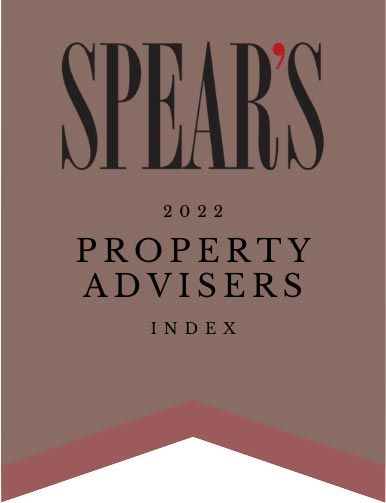One of the common misconceptions about the mortgage market is that it is almost impossible to obtain a mortgage for someone who is self-employed. This isn’t true and with the right advice and guidance a self-employed applicant has just as much chance as anyone to successfully acquire a mortgage.
Getting a Mortgage When Self-Employed
In principle, self-employed borrowers have access to the same series of mortgage products as everybody else. The key difference is that a self-employed person will need to prove they earn the income required to make repayments on the loan they are applying for.
It is typical that at least 2 years of company accounts will be required. This includes SA302’s or tax returns which you will need to present to the lenders. If you work as something like a contractor for example – you may also be required to supply evidence of future work that has been scheduled to prove that your current income will be upheld.
Things you need that can help you get a mortgage:
- At least 2 years (sometimes 3 depending on lender) of accounts prepared by an accountant.
- SA302 – self-assessment form which verifies how much income you declared to HMRC and the amount of tax you paid on it.
- Proof of your deposit.
- Bank statements.
- Details of any debt repayments and additional outgoings such as childcare and pension contributions.
*Some lenders may insist that your accounts need to be prepared by an accountant who is chartered or certified.
If you don’t have two or three years’ worth of accounts then don’t despair as there are certain lenders who may still be willing to offer you a mortgage. This is particularly suitable if you have only just recently left full time employment and are continuing to work in the same industry or maybe you are able to prove that you have a sufficient amount of work coming in.
Our mortgage managers can advise you as to which lenders are best suited to your circumstances and assist you in obtaining your self-employed mortgage.
How much can I borrow when Self-Employed?
Previously, a simple calculation used by lenders would determine the amount you could borrow. This would involve simply multiplying your total income for yourself and your partner (where applicable) by 3, 4 or 5 to provide a maximum mortgage amount. This is no longer used as a safe method of determining somebody’s borrowing limit due to the fact it does not take into consideration things like a person’s outgoings.
At present lenders now apply more complex methods to help decide how much an applicant can borrow. Lenders will look at your income history along with your current expenses and outgoings to reach a decision and determine a maximum loan amount. They may require additional evidence of future contracts or work which is a clear indication that your income is likely to stay consistent for you to afford the repayments. Ideally you would want to reduce any debts you have prior to applying for a mortgage as any debts held are taken into consideration as part of the affordability calculations.
Self-Employed Proof of Earnings for Mortgage
If you are self-employed and want to apply for a mortgage then you will need to show how much you earn by providing up to date proof of income. Banks and building societies are more inclined to lend to individuals whom they dean to be at low risk of defaulting on their loan and capable of making their regular monthly repayments.
There can be variances in the amount or type of evidence that you will need to provide to lenders. Here are some examples based on different types of self-employed businesses;
- Sole Trader Mortgage – All lenders will require a minimum of 1 years’ trading history, although most will want to see at least 2 years and some even up to 3 years. The more evidence you can provide of successful trading the more lenders will be available to you.
- Limited Company Mortgage – If you function as a limited company then your income most likely consists of both a salary and additional dividends. Potential lenders will need to take into account both of these as your income.
- Partnership Mortgage – For this suitable lenders are required to assess your earnings according to your share of the profits.
Self-Employed Mortgage Calculator
Don’t assume that just because you are self-employed that you can’t obtain the mortgage you need to own your own home. Use our self-employed mortgage calculator to give you an estimated amount on what you could potentially borrow.


























